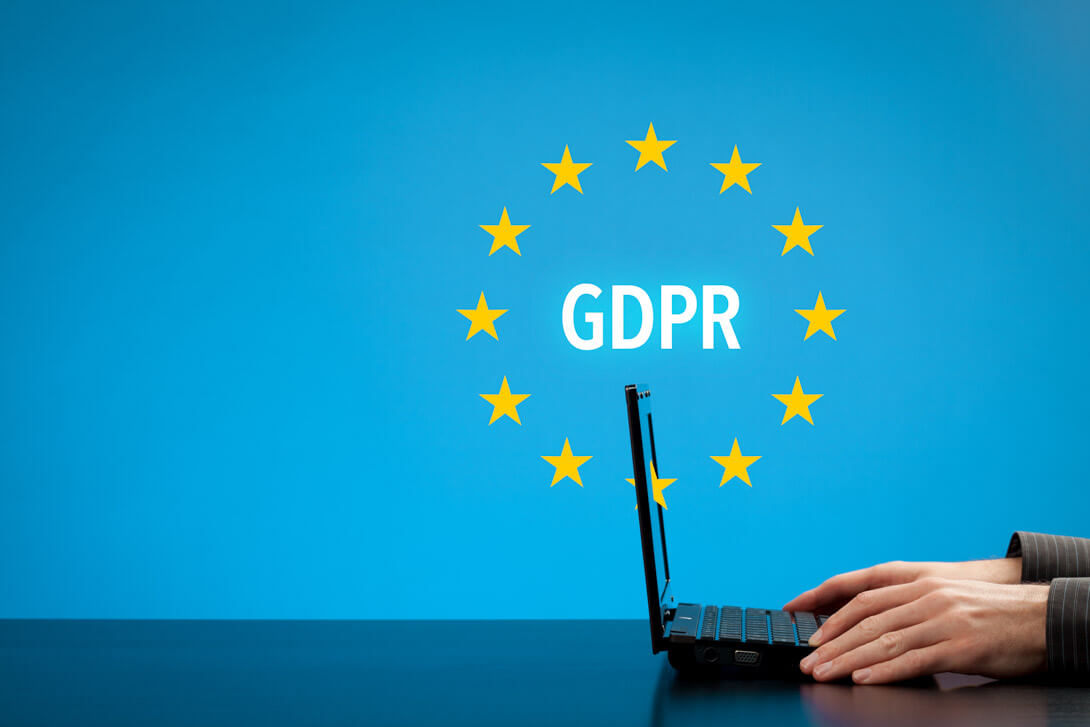Day-by-day there is an increase in concerns regarding whether or not the existing blockchain technology could fulfill the number of regulatory requirements, which are needed in a corporate world. Still a doubt is there that will it provide all-around solutions to business cloud users? It is impossible to underestimate the function of public blockchain technology that is played for stemming the cryptocurrency challenges. However, queries are being arose regarding the emergence of these new innovations in association with General data protection regulation compliance.
What Are The Arguments Regarding Blockchain Technology with GDPR Compliance?
While some are making an argument that blockchain that will be playing a vital role in the coming business world, should not adopt organizational models. Others believe that it might be hard for the developers of blockchain technology to be hoodwinked by enterprise decisions and the entrepreneur model. Is it possible that public blockchain can be considered as GDPR compliant? Someone says that it is hard if possible for the public permission-less blockchain to be subjected to EU GDPR policies and regulations. They present different reasons to pretend that there are other better alternatives to develop the private blockchain. For them, private blockchain technology is considered as a final approach for the problems of whether blockchain should or can be compliant with the regulatory framework.
The respective problem has been extended for some time duration with crypto enthusiasts and blockchain professionals (on one hand) & organizational entrepreneurs (on the other hand), separated over with what exactly the blockchain stands for. At the Hard Fork Decentralized conference, hosted by a Dutch Blockchain Company LTO Network, speakers from different domains spoke on – how to fix this compliance crisis and what actions should be adopted by blockchain developers before creating the technology. The speakers from Queen Mary University, Barclay’s bank, and Cambridge Computer lab who were from different fields said that businesses should follow blockchain in their existing models, or blockchain developers should consider enterprises before constructing them.
What Were the Outcomes of Arguments In the Conference?
The overall result of several opinions stated that the majority of the speakers were standing in support of the blockchain idea. They support the fact that blockchain technology should be considered as a legally compliant technology, which can be spread in a broad manner for public services. The words were given by Julian Wilson, Barclay’s rep, and entrepreneur who quoted that there is the requirement of reconfiguration in the company’s strategy and way of thinking, which should ask for the developer’s ideas to design a blockchain. As per his point of view, blockchain is the only final solution to deal with business cloud computing security challenges. Customers working with this technology should not use it like addons for the latest business models. Rather, there is a demand for an entirely different concept i.e., “re-imaging of enterprise models constructed around a suitable blockchain.”
The implication of this will be that ‘blockchain organizations will only be driving a risky path if they create this innovation without thinking of any business models that suit them.’ Instead, there is an area for mutual development between corporate businesses and blockchain developers. This simply means – Being a technical approach for companies, blockchain technologies have to only be bespoke. It is required because these companies have policies of KYC (Know Your Customer), which is mandatory to have in a corporate world. Till today’s date, it’s not that all blockchain technologies have not followed the defined laws. Cybersecurity experts believe that there exists a need for creating blockchain technology specialists who will deal with this problem in an exclusive manner. In that concern, blockchain would be developed with a set of law standards in mind. Speakers and researchers, particularly from Queen Mary University, insist that fixing the problems associated with blockchain GDPR compliance is an easy process. Only developers have to program and design platforms, which by default, follow all legal requirements. A rep from the Queen Mary University, Dave Michels said that “To fix these complicated puzzles we must utilize creative approaches, which support the regulations by devices. Transaction records can be secured with private protection keys that will develop a ciphertext, which could be stored on the blockchain.”
Had Lots of Arguments But, Still, Queries Are There
In all, still, there is no clear-cut answer for the query associated with a crypto legal puzzle that is displayed by blockchain technology. But, efforts can be seen from the end of experts and entrepreneurs in finding out a suitable answer to this question, and ensure GDPR compliance where essential.

